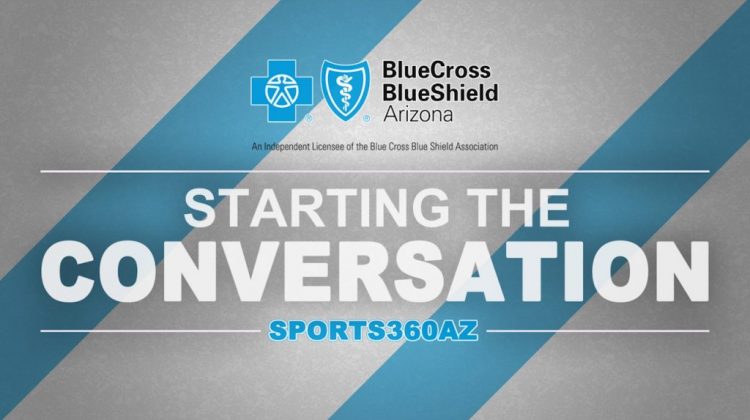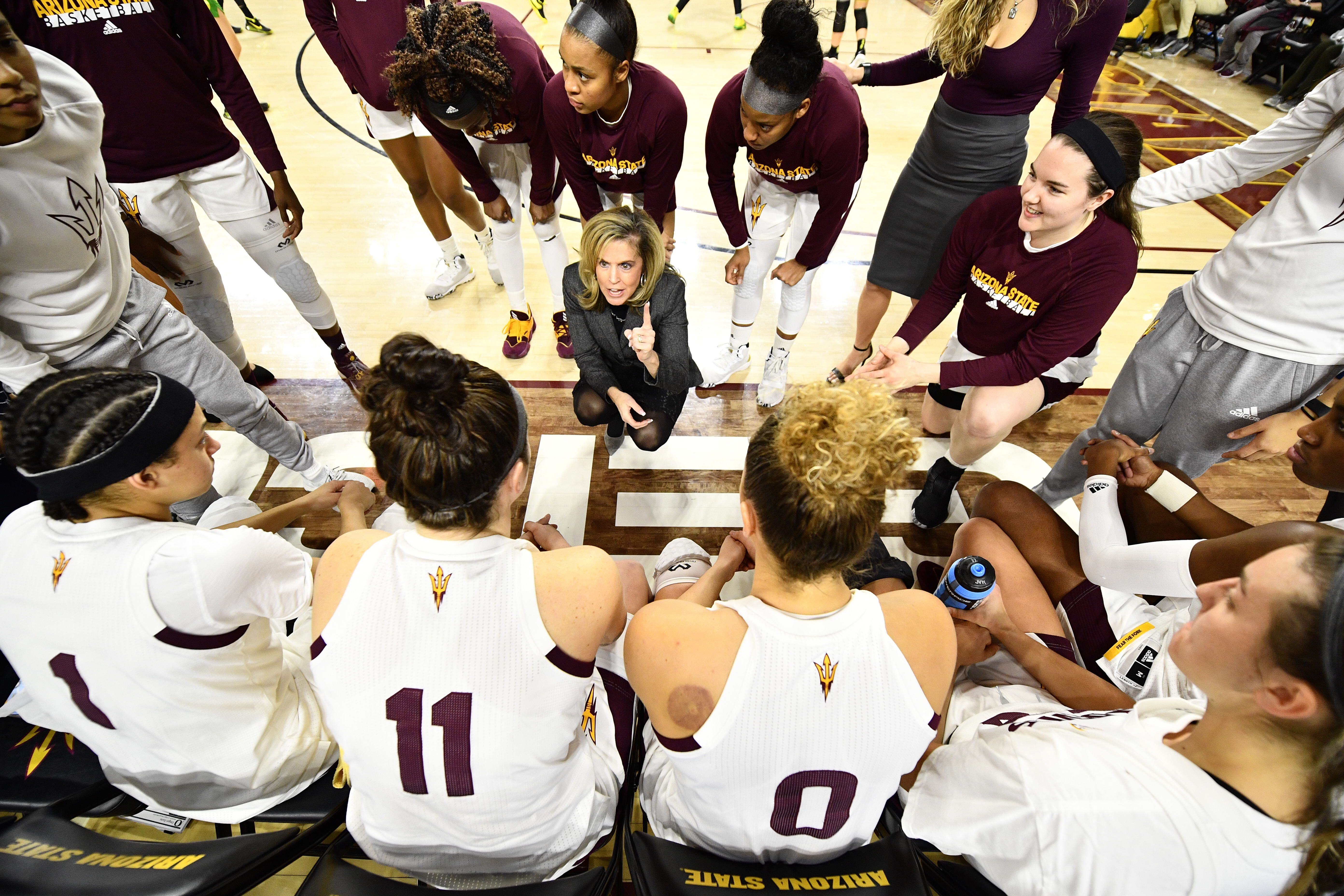Story by Frida Mata
As COVID-19 social distancing guidelines were implemented back in March, athletes all over the country found themselves having to stay at home instead of going to practices or games, some even lost their last season. Now with the start of the college and high school sports season in doubt, is the loss of sports having a impact for those who have relied on the work and competition as the main way in taking care of their mental health?
Arizona State University director of counseling, Erin Trujillo, joined Brad Cesmat recently(listen to the entire interview here)
and believes the damages of not having sports now are not only for the athletes, but the family members who were expecting a sense of normalcy to return at some point, but are still waiting.
“I think families, adolescents, college students, were getting through that moment with the promise of fall if I could just sort out what’s happening right now, I look ahead and at some point it will be normal again. Then here we are close to fall and it’s still not normal,” she said.
Trujillo has been a mental health professional for 20 years and was an athlete herself in college. She shared her experience of feeling stuck once that ended for her, mentioning how important sports may be for some people specifically when the sport is the only thing keeping them active and/or use it as some sort of motivation to keep moving forward.
“Even from my own experience, once I stopped playing sports I recognized that it was sport that was keeping me moving. The kind of go-get moving on your own without a routine, or without your own schedule is its own muscle to build,” she said.
Reminding parents, coaches and mentors to keep a positive mindset and share that with the athletes that are having a hard time seeing things through without the activity they so love. Understanding that this does not mean just a canceled practice, but something greater and much more deeper.
“Setting yourself up to work out on your own, means you’re not working out with your team, you’re not working out with your coach and that’s its own sense of loss and grief that has its own place. Once we kind of go through that we dust off and we go okay time to do this for myself,” Trujillo said.
Athletes need all the guidance and support they need even if it is just checking in to make sure they are okay, to setting up small activities they can do to get their body and mind running.
“Starting slow, helping to hold space for the nuances of this change emotionally,” said Trujillo. “As a parent, and as a coach’s job is to kind of create this space for the student to help come to that knowing that parents and coaches are perhaps a couple weeks ahead emotionally and organizationally, and in their minds they are thinking of what this students need.”
Trujillo also mentioned that some athletes may be going through mixed emotions of guilt since they might be enjoying this time to rest their minds and body. It is important for parents to understand that they cannot fix everything, but they can be supportive and be there for their son/ daughter who may be grieving the loss of a season.
“We can’t fix all of it, but what we can do is we can be available, open and approachable for all the nuances that are happening in the athletes world right now,”



